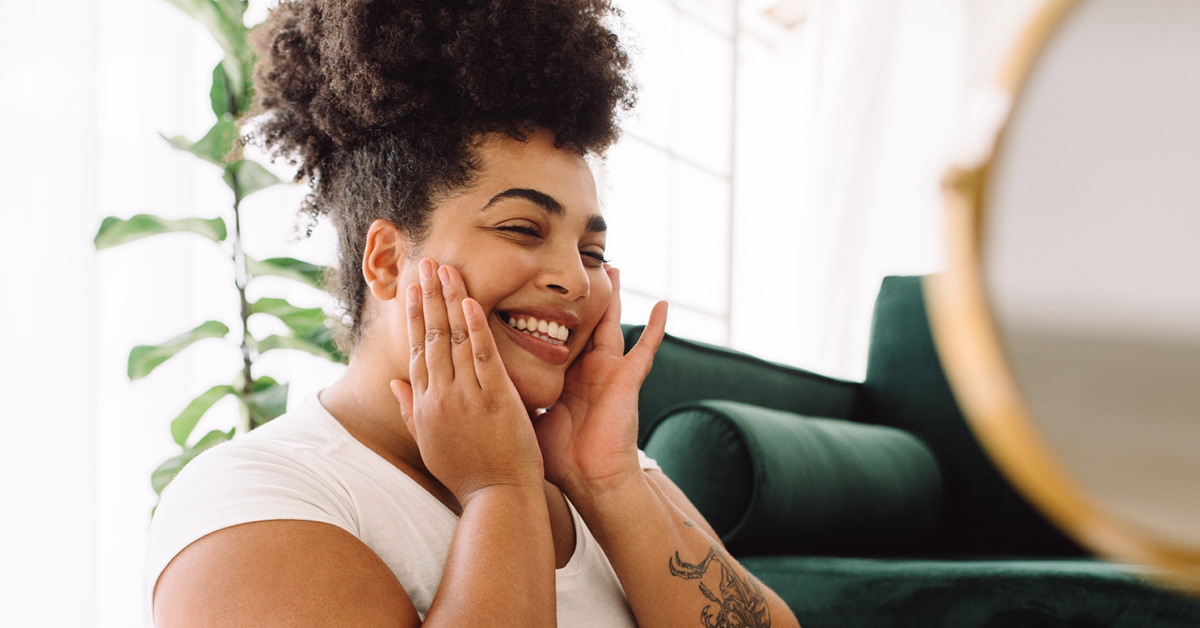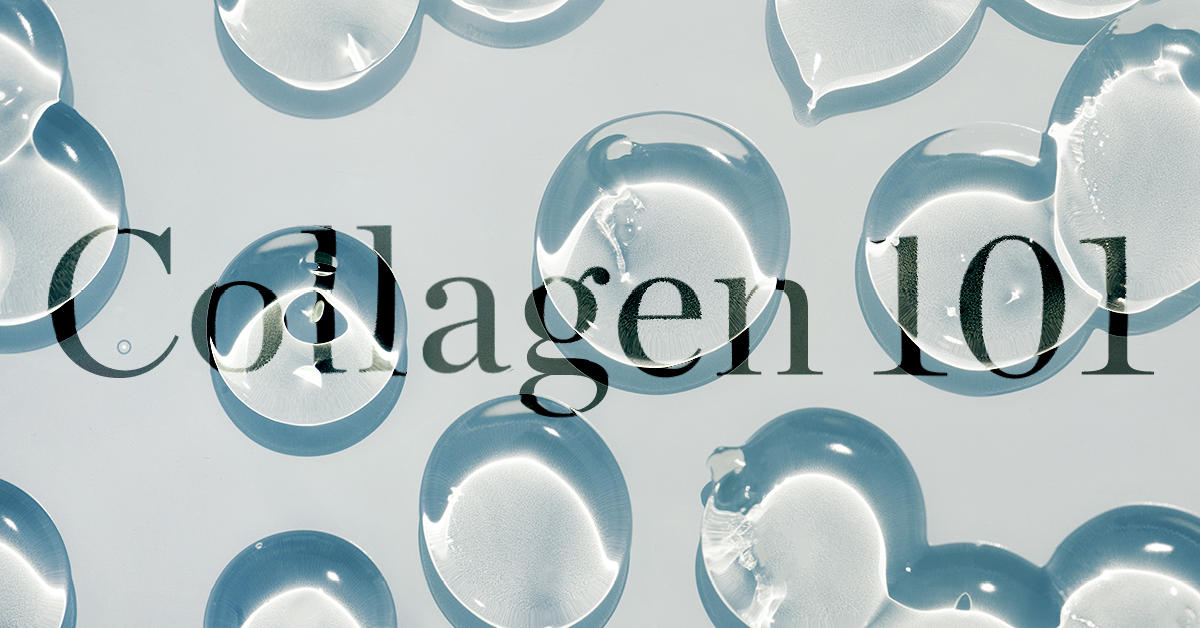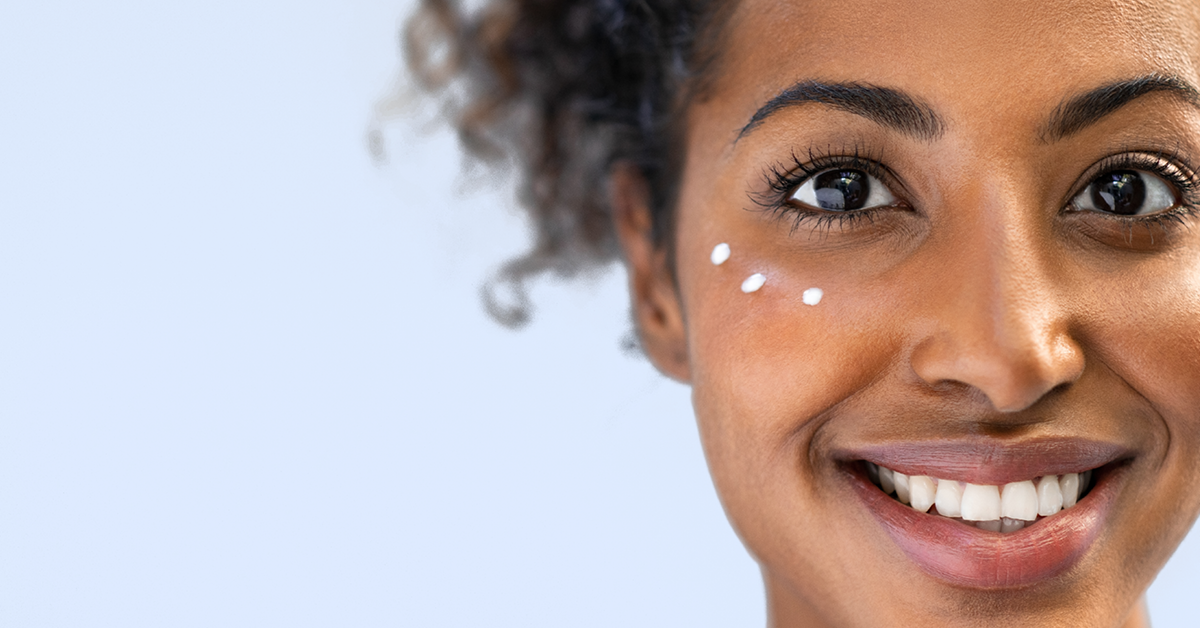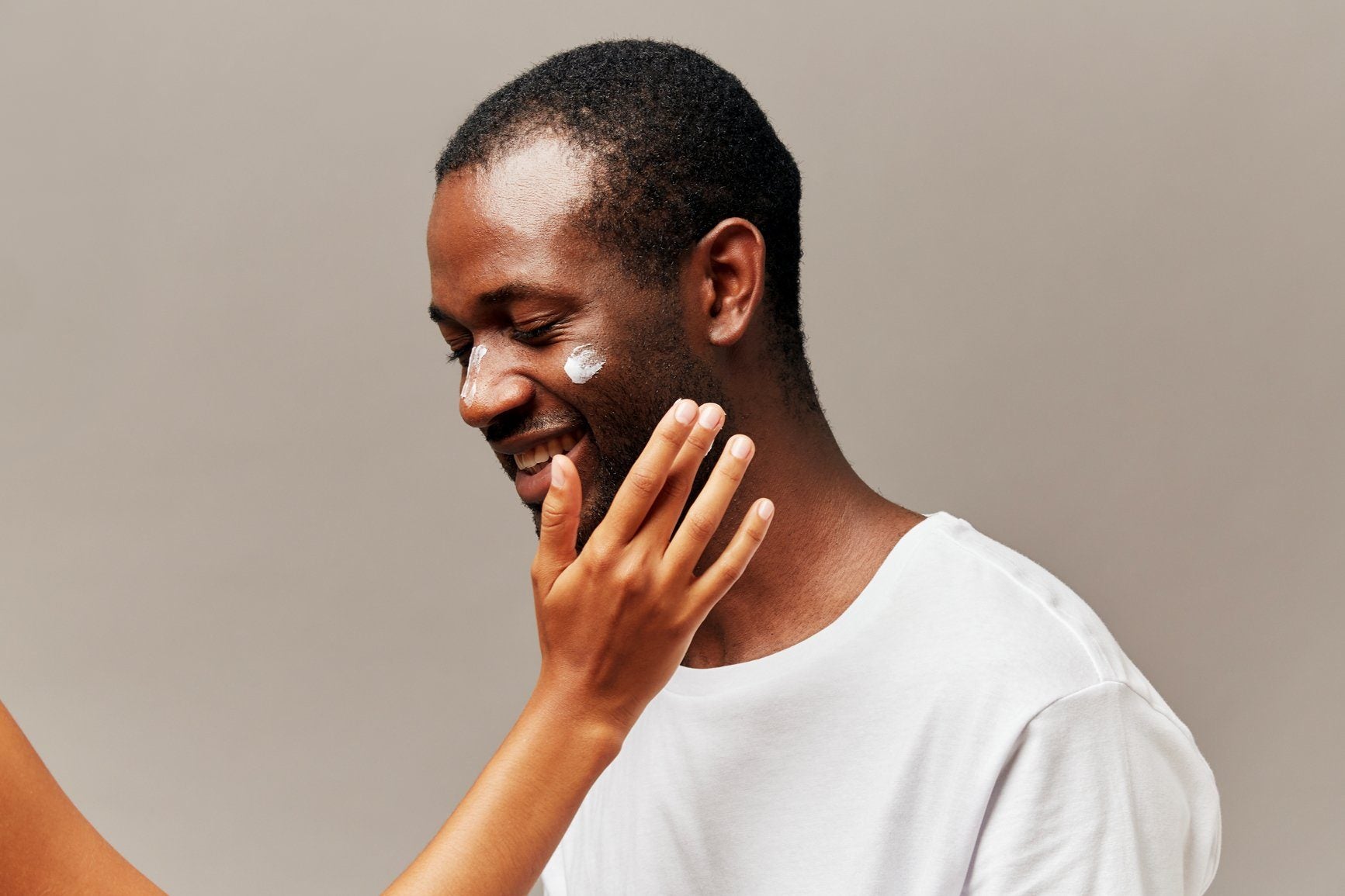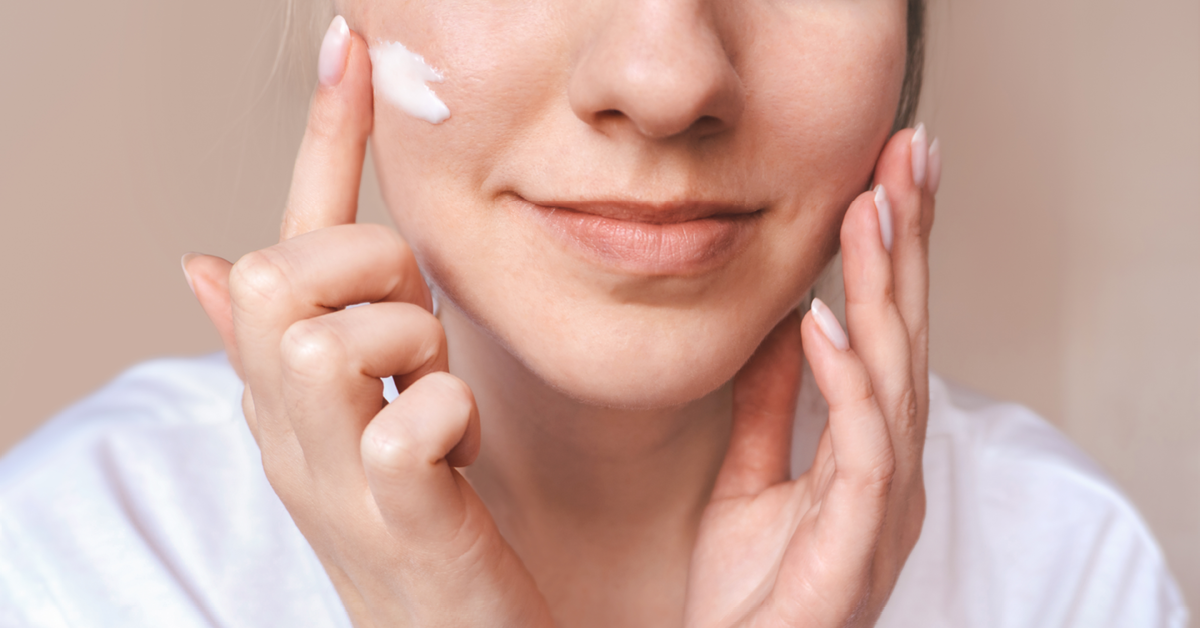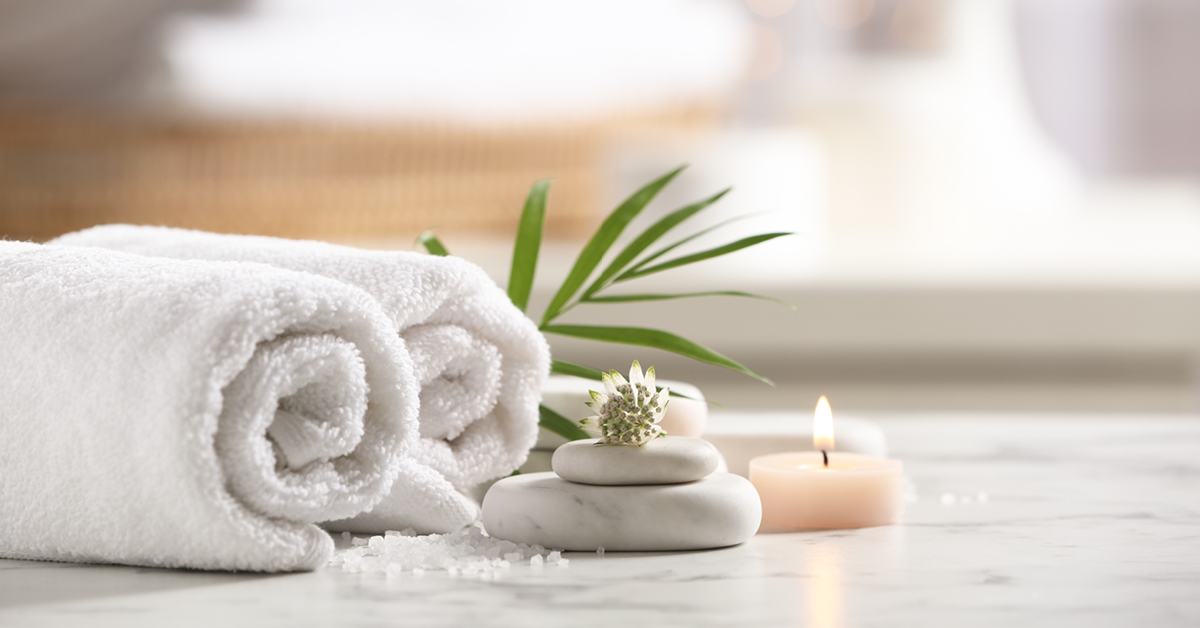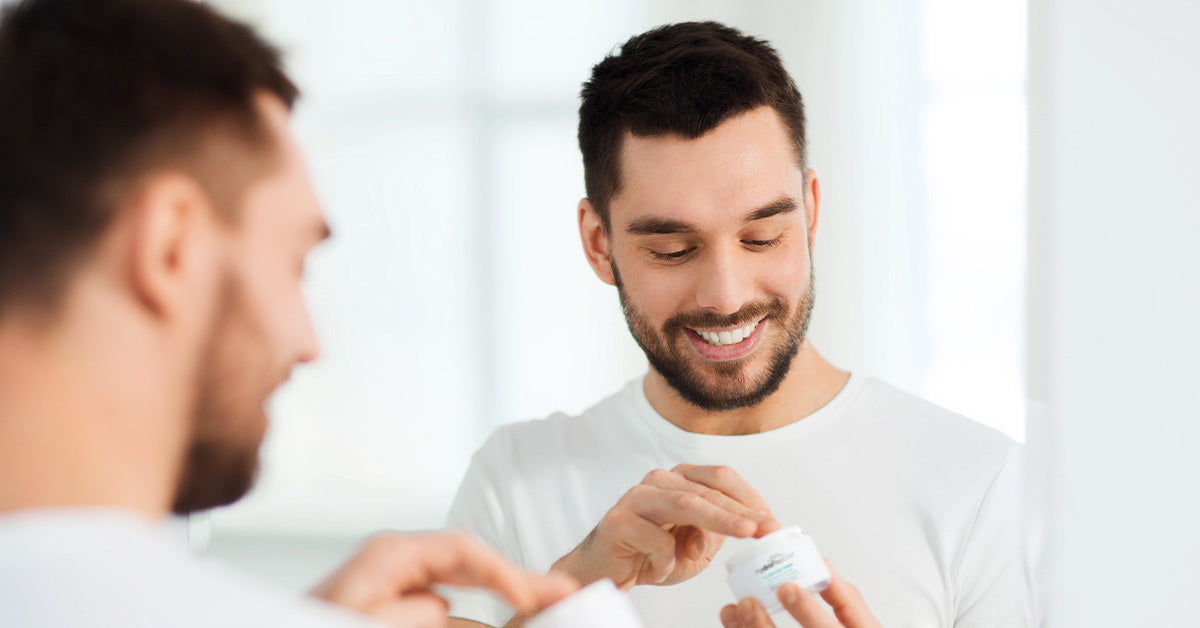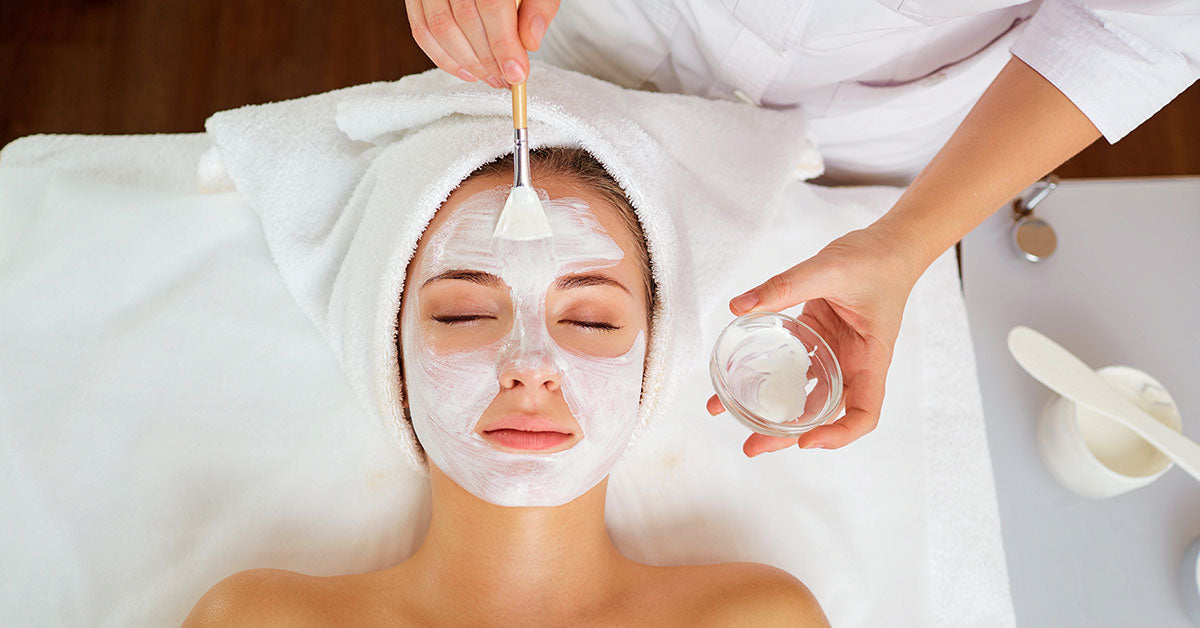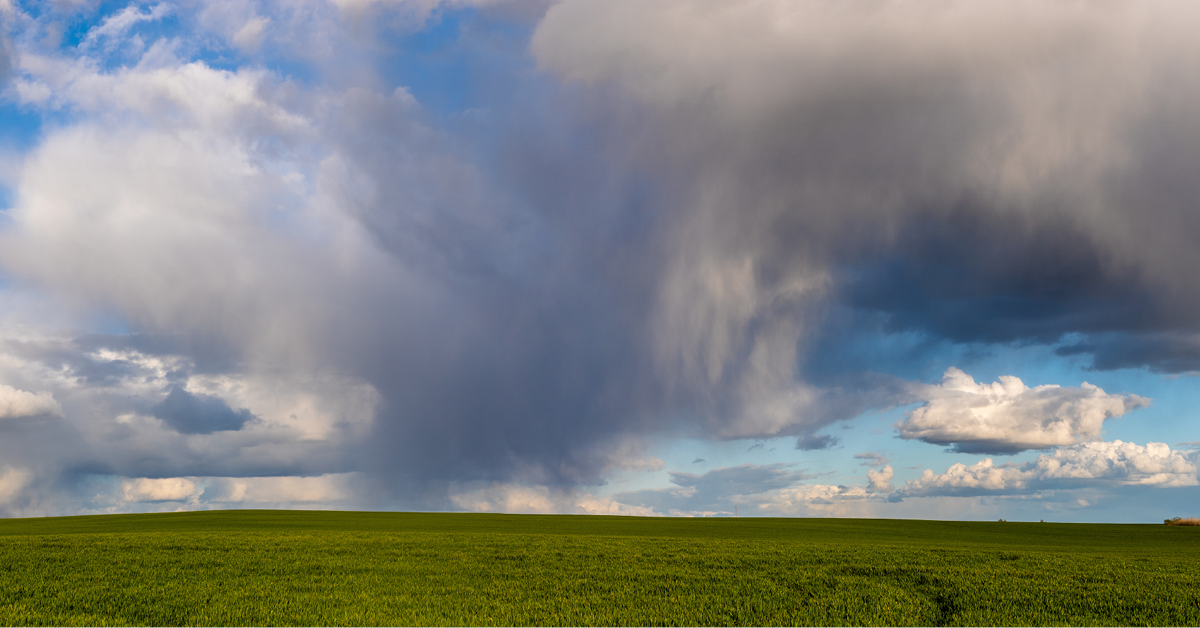
From the moment you leave your home in the morning, your skin faces exposures to a variety of different—and potentially damaging—factors from the environment. While UV damage is the most widely known environmental assault, there are other factors that contribute to the breakdown of collagen and affect the overall health of your skin. The biggest environmental factors that can harm the skin are:
- Air pollution
- Cigarette smoke
- Ultraviolet rays
- Blue light from screens and devices
- Weather conditions, such as wind, cold and humidity
What are the external, environmental factors that affect skin?
Air pollution, blue light damage, UV damage, and weather conditions are the main environmental factors that affect your skin. “Your first defense is good skincare and sun protection,” says Dr. Michele Farber, a board-certified dermatologist in Philadelphia, PA. “Additionally, removing makeup daily can help remove pollutants. Gentle exfoliation is helpful for unclogging pores. A healthy diet with foods high in antioxidants and healthy fats will also promote skin health.”
What are the factors that impact our skin the most?
This article in the journal Frontiers in Pharmacology describes how environmental stressors affect our skin and play a role in skin aging. “The skin is the main barrier that protects us against environmental stressors (physical, chemical, and biological). These stressors, combined with internal factors, are responsible for cutaneous aging.”
What are free radicals and how do they affect the skin?
You may hear the term “free radicals” a lot when it comes to skin and the environment. The Annals of Emergency Medicine explains that “Some chemicals that contaminate our environment exert their toxic effects by virtue of their ability to form free radicals.”
How do free radicals affect the skin?
Dr. Farber explains that “free radicals are unstable molecules that cause damage to the DNA and collagen.” Reactive oxygen species are missing an electron and react with other molecules to stabilize themselves. This process results in oxidative stress and a chain of reactions that increases inflammation, accelerates collagen breakdown and contributes to wrinkling and hyperpigmentation.” This is where the use of antioxidants come into play. An antioxidant serum or product will help to prevent free radicals from binding to your healthy cells and causing damaging.
How does air pollution affect the skin?
“Pollution can increase inflammation, oxidative stress, and accelerate aging of the skin,” explains Dr. Farber. “Highly polluted, urban environments can also compromise the skin barrier function and reduce hydration of the skin.”
How can you protect your skin from pollution?
A few helpful steps can mitigate the effects of pollution on the skin. Dr. Farber suggests using a gentle, hydrating non-soap cleanser to prevent stripping the skin and moisturizers to repair the skin barrier. Dr. Farber says that sunscreen and antioxidants are among the most important ingredients in a skincare routine to protect the skin from all types of damage.
What types of Skincare help me fight environmental damage?
HydroPeptide Cleansing Gel, an ultra-gentle face wash and makeup remover that cleanses away impurities while protecting the lipid barrier of the skin.
HydroPeptide Face Lift Advanced Ultra-Light Moisturizer, a super lightweight moisturizer that reinforces the skin's defenses and protects against environmental stressors. It’s ideal for those who live in an urban area, where the skin is exposed to pollution.
HydroPeptide Solar Defense SPF 50, to protect from UVA, UVB and infrared rays while enriching the skin with hyaluronic acid to lock in moisture and a blend of calendula, cucumber and acai extracts to guard against free radicals.
What is blue light damage?
Blue light comes from many different places, including cell phones, tablets, laptops, and flat screen TVs. Blue light can cause formation of reactive oxygen species, leading to DNA damage, breakdown of collagen, and hyperpigmentation. “The best protection from blue light is tinted sunscreen, as iron oxides used for tint can reduce damage and antioxidants like vitamin C can neutralize reactive oxygen species,” says Dr. Farber.
How do I protect my skin from blue light damage?
HydroPeptide Solar Defense Tinted SPF 30, gives your skin broad spectrum protection and radiant, even-looking skin. A blend of calendula, cucumber and acai extracts to guard against free radicals.
HydroPeptide Firma-Bright 20% Vitamin C Booster, a super-potent vitamin C booster formulated with free-radical fighting antioxidants and radiance boosting peptides to protect your skin and improve the appearance of dullness, fine lines and wrinkles.
How can I protect my skin from blue light damage?
- Use SPF (even when indoors) everyday
- Apply a vitamin C serum in the morning
- Use a tinted sunscreen with iron oxides works, which works best to cover the blue light spectrum
- Take screen breaks
- Invest in blue light eyeglasses
- Read from a book at night, rather than your device
What is the difference between blue light and UV light damage?
Blue light causes a different type of damage than the damage we get from the sun. While both can damage collagen and lead to premature aging of the skin, there are some real differences. UV radiation can initially cause pigment darkening, which is what happens when your skin sunburns, but it’s the direct damage to DNA that causes longer term damage. The main difference is that UV damage can also induce skin cancer.
How to protect the skin from UV damage?
UV exposure can cause serious damage that ranges from premature skin aging to skin cancer. The best way to protect skin from sun damage is with daily use of sunscreen—it must be a broad-spectrum SPF, to shield both UVA and UVB rays. UVA rays have a longer wavelength and are the primary cause for skin aging; while UVB rays have a shorter wavelength and are to blame for sunburns. Both UVA and UVB rays can cause skin cancer.
All HydroPeptide sun protection products provide broad spectrum protection.

Is humidity good for the skin?
The answer here is yes and no. “High humidity can cause increased oiliness and acne flares, as pores are more prone to becoming clogged,” says Dr. Farber. “Conversely, more humid weather can improve hydration and reduce irritation for those with sensitive or eczema-prone skin. The opposite is true of low humidity, which can reduce moisture in the skin and cause dryness.”






